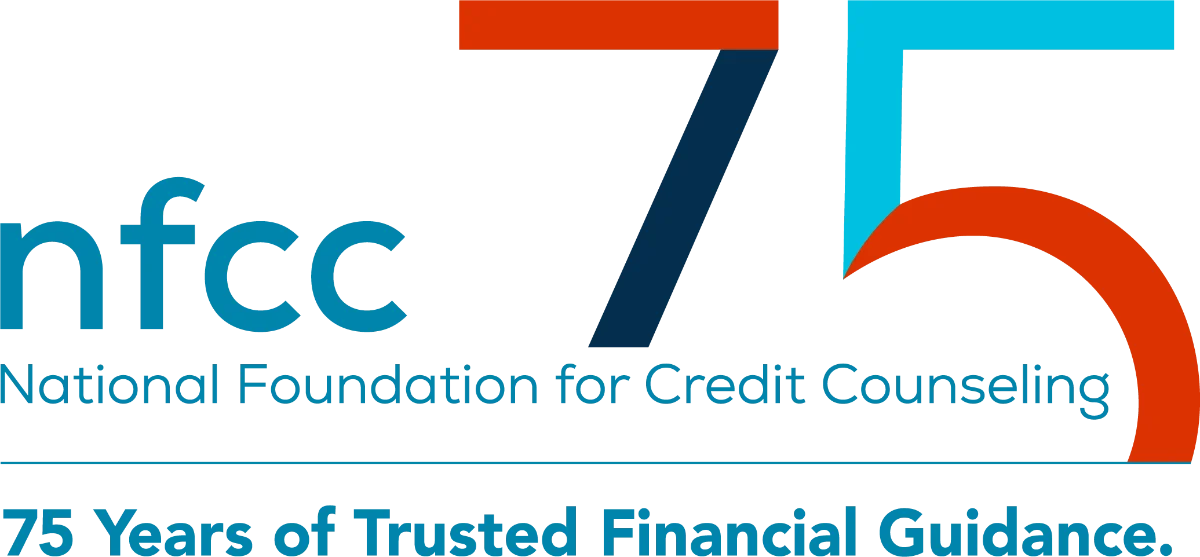Educating Consumers: How To Spot a Student Loan Debt Relief Scam
Content updated. Originally published April 2015.
The growing burden of student loan debt has drawn much attention from politicians, lenders and a variety of agencies. While some agencies aim to help borrowers find relief, not all of them are on your side.
As with many troubling financial trends, the student debt problem has drawn the attention of scammers. In fact, much like “for-profit debt settlement” and “foreclosure rescue,” the term “student loan debt relief” has become almost synonymous with scams.
Agencies that offer these services aim to intentionally confuse consumers, and they give a bad rap to those who are doing good. Here’s how you can recognize their scams and avoid trouble when it comes to managing your student loans.
One size fits all
Your options for managing student loans depend on your specific circumstances. Among the many factors that come into play are your loan type, account status, payment amount and income. Those details are the keys to determining how your debt should be handled.
However, you wouldn’t know that if you talked to a student debt relief scammer. Instead of carefully considering the uniqueness of your situation, they’ll direct you to a specific course of action right away, and they often apply pressure by saying your offer is going to expire soon.
In many cases, applying for their programs or submitting information can actually harm you. The consequences might include any of the following:
- Accidentally applying for a new loan with higher payments
- Losing certain legal rights
- Losing access to real student debt relief options
- Exposing yourself to identity theft or credit card fraud
Promises and guarantees
Is a person or company telling you they can wipe out your student debt? Are they claiming they can immediately lower your loan payments? These claims sound too good to be true because they are!
Debt relief scammers make these enticing promises without knowing anything about your loans or overall financial situation. In other words, their promises are impossible to fulfill.
Incorrect information
When you’re seeking student loan debt relief, you’re sure to have loads of questions. Perhaps you want to know about debt settlement or bankruptcy and how those debt management options will impact your loans.
The problem is that these complex topics require expert knowledge to answer. Without the same training and certification standards as the NFCC, for example, it’s hard to know what quality of advice their agents will give.
Companies that do not properly support their staff with resources and training may create an environment where incorrect information places consumers at great risk.
Even worse, they might be intentionally misinforming you. Some will even go so far as to pose as representatives of the Department of Education in order to get your sensitive information. Between 2021 and 2024, just one company collected over $20 million in illegal junk fees from borrowers.
Money first – service never
Sadly, some companies offer “counseling” sessions that are really about bilking you for money. Scammers often ask for high, up-front fees before they deliver any results, or even before presenting you with the written terms and conditions of their services.
Like with for-profit debt settlement and foreclosure rescue scams in recent years, consumers should know that up-front demands for full payment are a clear red flag for scams.
The lawyer bait and switch
In another example of the past repeating itself, some student loan debt relief companies are presenting themselves as law firms.
It’s natural to assume a law firm should protect you, but you might not even be dealing with a law firm. At best, the student loan debt relief company may have in-house lawyers to help them maintain the appearance of a law firm. However, the only role those lawyers serve is to help win the trust of unsuspecting customers.
Who can you trust?
When it comes to getting student loan help, it’s best to avoid incoming calls, texts, emails or even advertisements you hear on the radio.
Instead of letting marketers target you, go directly to organizations you can trust. For reliable information about your student loan repayment and refinancing options, contact the loan servicer. If you have federal student loans, StudentAid.gov is a great place to start.
Additionally, if you need assistance navigating your student loan options or any other financial challenges, you can schedule an appointment with an NFCC-certified credit counselor.
Bruce McClary is Senior Vice President of Memberships & Communications at the National Foundation for Credit Counseling.


